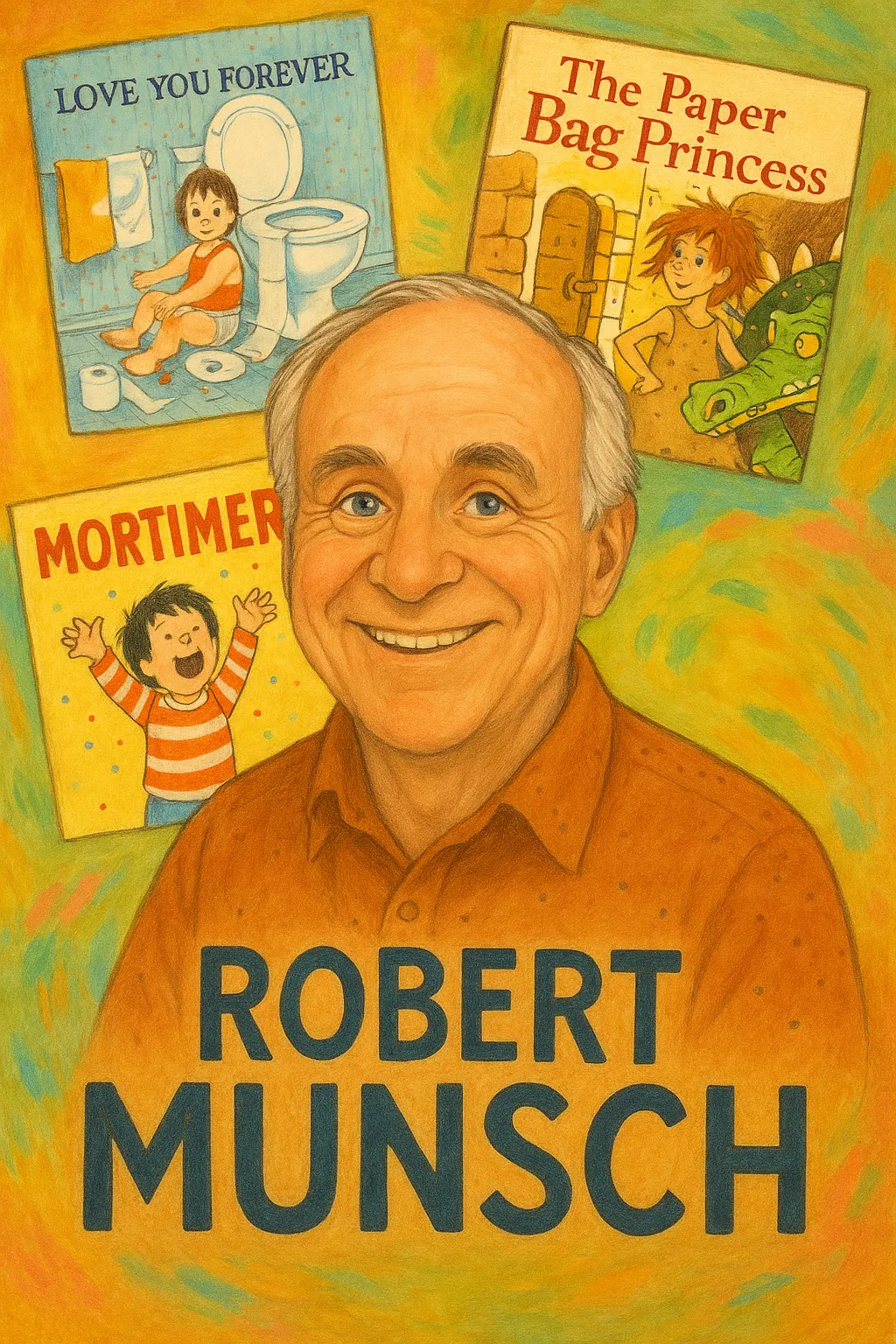Iconic Children’s Author Robert Munsch Opts for Medically Assisted Death

Lead Beloved author Robert Munsch has chosen to end his life through Canada’s Medical Assistance in Dying (MAID) program today, citing advanced dementia and Parkinson’s disease diagnoses.
Nut Graf Munsch’s decision marks a deeply personal culmination of his decades-long struggle with cognitive and physical decline, sparking conversations about dignity, autonomy and the ethics of assisted dying for public figures.
Key Details
- Health struggles: Diagnosed with dementia in 2021 and later Parkinson’s disease, Munsch witnessed his storytelling abilities wane and feared prolonged loss of self.
- MAID in Canada: Expanded under recent legislation, the MAID program allows eligible adults to request assistance when facing irremediable decline and loss of autonomy.
- Personal choice: Munsch publicly framed MAID as a means to preserve dignity, having witnessed his brother’s extended suffering under aggressive interventions.
Background Robert Munsch built a legacy on classics such as Love You Forever, The Paper Bag Princess and Mortimer, entertaining generations through lively readings and school visits. Born in Pittsburgh, he moved to Canada in 1975 and authored over 70 books, selling millions worldwide.
Decline and Decision After announcing his dementia diagnosis in 2021, Munsch spoke candidly about memory lapses and difficulty performing. A 2008 stroke had already tested his storytelling recovery. In interviews, he expressed a desire to control the terms of his final chapter rather than endure an unrecognizable existence.
Reactions and Debate Tributes and debates have emerged online, with fans grieving the loss of a childhood companion. Advocates applaud his autonomy; critics question the ethics of MAID when death is foreseeable but not imminent. Munsch’s case underscores broader societal questions about aging, terminal illness and compassionate choice.
Legacy Awarded the Order of Canada and honored with a star on Canada’s Walk of Fame, Munsch’s influence endures in classrooms and libraries. His decision invites reflection on how societies support individuals facing the final stages of life and honor the voices that shaped countless childhoods.
Categories
Autos and vehicles Beauty and fashion Business and finance Climate Entertainment Food and drink Games Health Hobbies and leisure Jobs and education Law and government Other Politics Science Shopping Sports Technology Travel and transportationRecent Posts
Tags
Archives
08/19/2025 (3) 08/20/2025 (40) 08/21/2025 (27) 08/22/2025 (22) 08/23/2025 (4) 08/24/2025 (21) 08/25/2025 (30) 08/26/2025 (24) 08/27/2025 (29) 08/28/2025 (16) 08/29/2025 (9) 08/30/2025 (13) 08/31/2025 (17) 09/01/2025 (167) 09/02/2025 (124) 09/03/2025 (149) 09/04/2025 (112) 09/05/2025 (72) 09/06/2025 (169) 09/07/2025 (162) 09/08/2025 (150) 09/09/2025 (176) 09/10/2025 (194) 09/11/2025 (194) 09/12/2025 (186) 09/13/2025 (207) 09/14/2025 (159) 09/15/2025 (175) 09/16/2025 (198) 09/17/2025 (196) 09/18/2025 (196) 09/19/2025 (207) 09/20/2025 (129) 09/21/2025 (4)